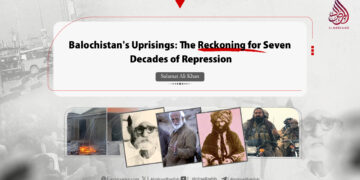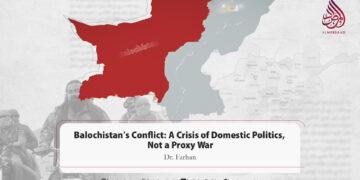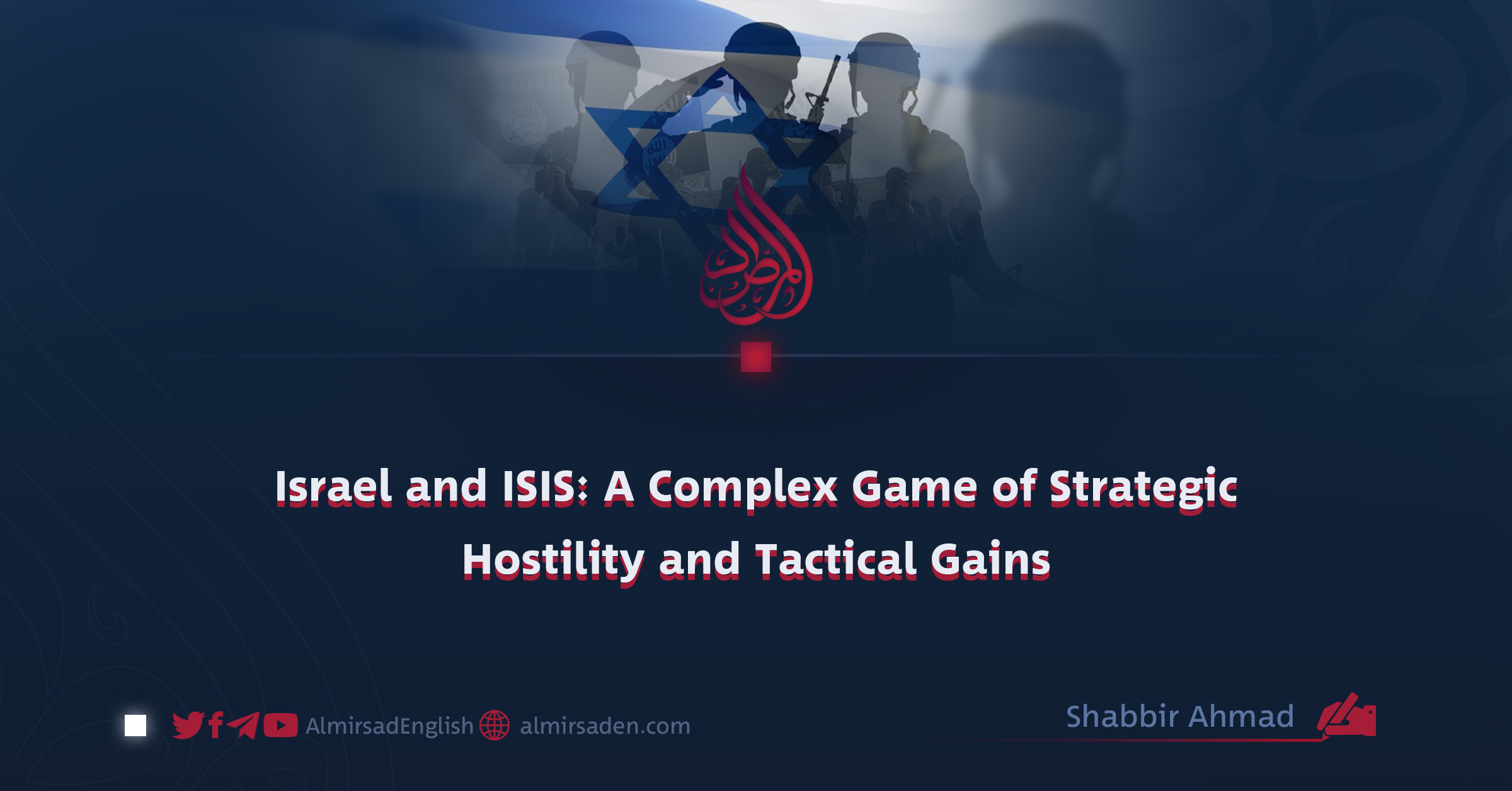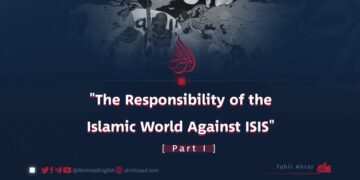Shabbir Ahmad
The relationship between Israel and ISIS cannot be reduced to a simple narrative of ideological hostility. Rather, it is a nuanced and multi-dimensional dynamic shaped by overlapping regional interests, shared adversaries, and indirect strategic alignments. Although both sides publicly frame one another as existential enemies, the realities on the ground often reveal a pattern of behavior that—intentionally or otherwise—results in mutual benefit.
At the ideological level, ISIS considers Israel a “Jewish state” and a fundamental enemy of Islam that must be annihilated. Conversely, Israel brands ISIS as a barbaric terrorist organization threatening global stability. However, despite this rhetorical antagonism, practical confrontation between the two has been conspicuously absent. For years, ISIS maintained an active presence near Israeli borders in Syria, yet refrained from launching any major operations against Israeli targets. This sustained military inaction raises an important question: why did ISIS consistently deprioritize Israel in its campaign of violence?
One of the most illustrative examples of this peculiar dynamic is the case of Jaysh Khalid ibn al-Waleed, an ISIS-affiliated faction that operated near the Golan Heights in southern Syria. This group exercised control over territory mere kilometers from the Israeli frontier for several years, yet posed no credible threat to Israeli security. In fact, credible reports suggest that Israel provided medical assistance to wounded fighters from various anti-Assad factions—including members of this group—within its own hospitals.
Such developments have fueled speculation regarding a de facto truce or an undeclared understanding, whereby ISIS focused its attacks on Israel’s strategic adversaries—namely the Assad regime and Iran-backed militias—while Israel abstained from engaging ISIS in any serious manner. Whether or not this understanding was formally codified, its practical outcomes remain evident.
The primary driver of this complex relationship is the existence of shared enemies. Both Israel and ISIS have identified Iran, the regime of Bashar al-Assad, and Hezbollah as key adversaries. In this context, ISIS’s military campaigns in Syria and Iraq aligned with Israel’s broader strategic goals:
1. Undermining the Axis of Resistance:
By embroiling the Syrian army and Hezbollah in protracted, attritional warfare, ISIS significantly depleted their operational capacity and diverted their focus away from confronting Israel.
2. Facilitating Israeli Operational Freedom:
The instability caused by ISIS enabled Israel to carry out hundreds of airstrikes on Iranian and Hezbollah targets in Syria, often without provoking a substantial retaliatory response.
In recent years, ISIS has intensified its rhetoric on the Palestinian cause. However, this shift in propaganda has also proven advantageous to Israel in several indirect ways:
a. Delegitimizing Palestinian Resistance:
ISIS’s extreme violence and radicalism have blurred the lines between terrorism and legitimate resistance. This has enabled Israel to present itself as a “civilized” actor combating “barbaric” forces, thereby discrediting the broader Palestinian struggle in the eyes of the world.
b. Undermining Palestinian Unity:
ISIS not only opposes Israel but also directs harsh ideological attacks against Palestinian groups such as Hamas. These attacks weaken the internal cohesion of the resistance and fracture any potential unity among Palestinian factions, indirectly strengthening Israel’s position.
c. Shifting Global Focus:
The global preoccupation with counterterrorism, fueled in part by ISIS’s actions, has diverted attention from the Palestinian issue. Consequently, Israel’s policies and actions in the occupied territories have received less scrutiny on the world stage.
In conclusion, the relationship between Israel and ISIS represents a unique case of ideological enmity coupled with practical alignment. While both parties continue to posture as irreconcilable foes, the strategic landscape of the Middle East has enabled a scenario in which their respective actions often complement each other. Whether by design or coincidence, ISIS has played a role in the region that has, to a significant extent, advanced Israel’s security and geopolitical interests. Its rhetoric, while outwardly hostile to Israel, has in practice undermined the Palestinian cause and reinforced Israel’s international narrative.



















































